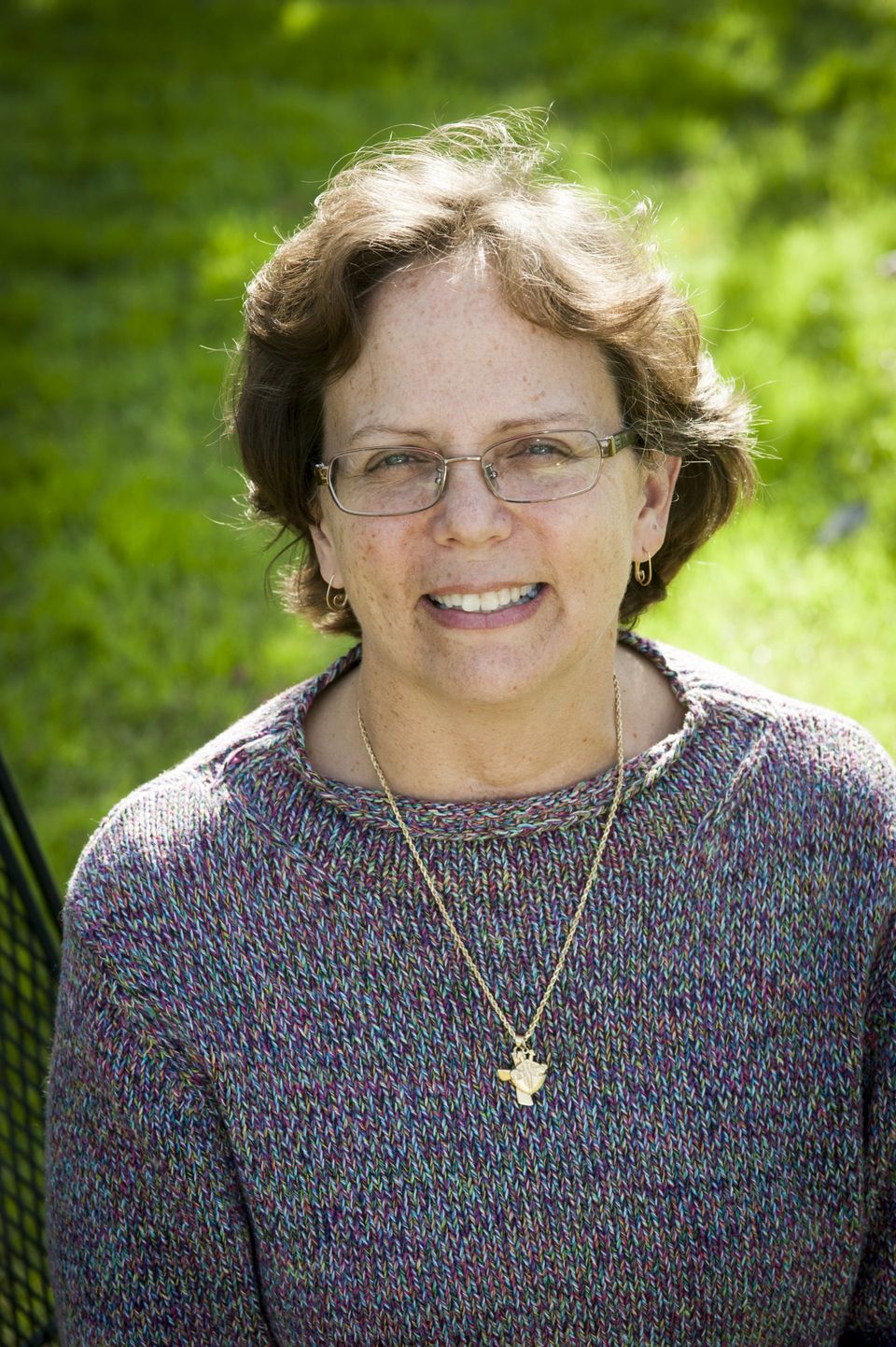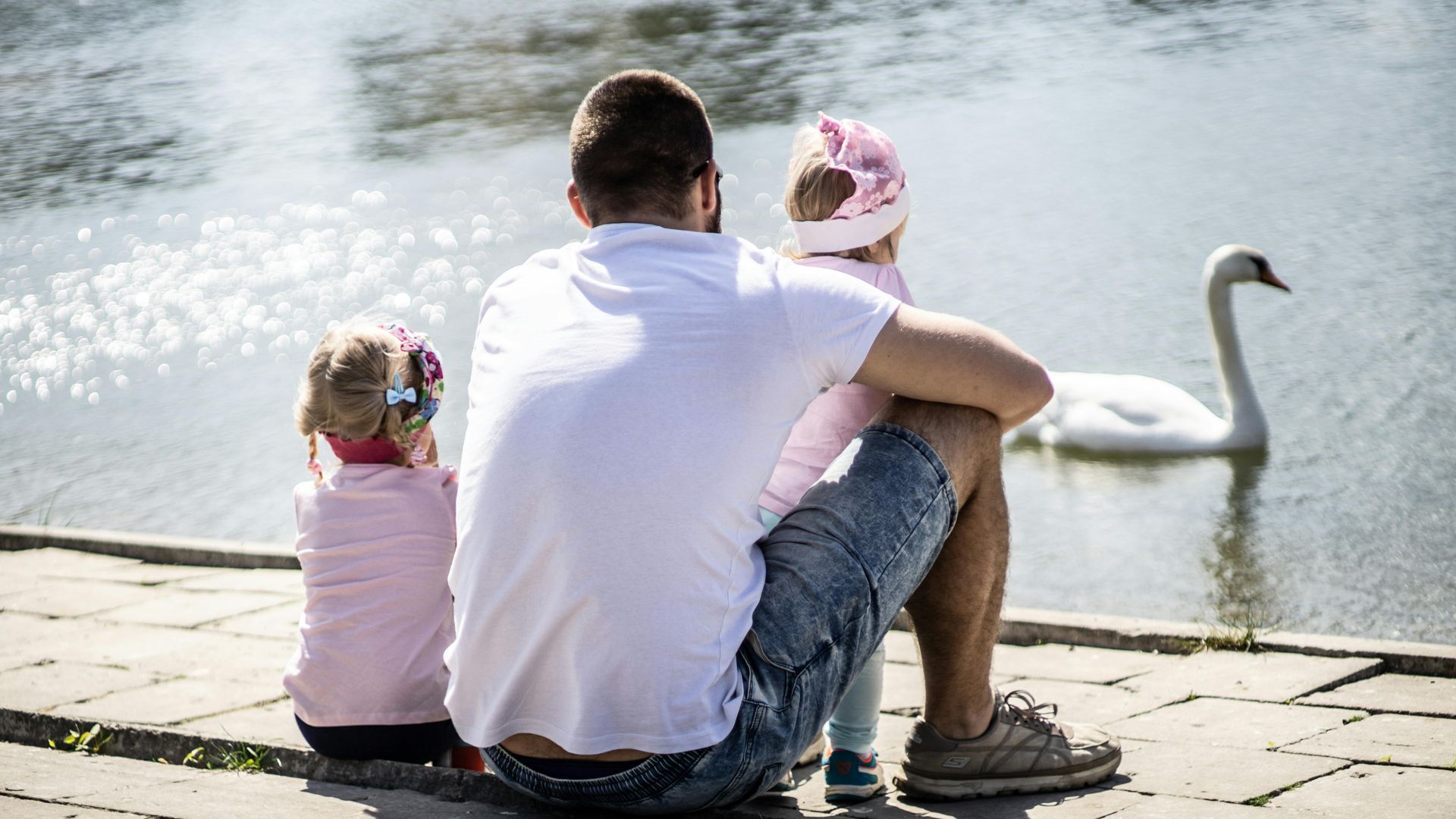February Advocate Spotlight
Cynthia Catlin-Gaskins

1. How long have you been an Advocate and when did you realize you wanted to become one?
Since 2010 or 2011? I had been involved with several volunteer activities helping groups of children for a one-time event for many years. While I knew I was helping meet a need with the organization and indirectly the children, I wanted to be more involved directly with smaller groups or individual children and families to really help make a lasting difference in their lives. When my youngest son started driving, I knew it was time to take this step to become a CASA and I have never regretted it.
2. What is the most rewarding aspect of being an Advocate?
For me, those “moments” when you can say to yourself “this is why I was needed for this specific case, for these children, this family.” In every one of my cases, from the most simple to the very complex, there has always been those moments, and that very first moment in any case is especially rewarding.
3. If you could offer some words of encouragement to your fellow and incoming Advocates, what would they be?
You are giving an incredible gift of your time, your expertise and most of all your dedication as you make a difference in the lives of children and families that helps shape their future. Also, remember that your supervisor is also on the CASA journey with you and it’s important to reach out to him/her when you start to feel frustrated or disillusioned as they can help remind you of the bigger picture.

By bfines
•
March 21, 2025
In December 2023, CPS received a Priority One referral regarding a 2-year-old child named Katherine, who had been hospitalized after ingesting narcotics. Her mother, Jessica, admitted to being under the influence of methamphetamines at the time. Katherine later tested positive for amphetamines, prompting the Department to seek removal of both Katherine and her 4-year-old sister, Valerie. Their maternal grandmother expressed willingness to care for them but only if CPS became involved. CASA advocate Alfredo Concha was appointed to the case and immediately took action. He contacted the grandparents and met with the children. During that visit, he learned that while the grandparents were willing to provide temporary care, they could not commit beyond December 2024. They had already adopted the girls' older sibling, which kept them busy, and as elderly caregivers, they felt unable to raise two young children long-term. They made it clear—either Jessica would have to get her life back on track by December, or the girls would need another placement. Understanding the urgency, Alfredo used Collaborative Family Engagement tools to seek additional family members who could offer support. He built a strong working relationship with Jessica, which proved invaluable. Through collaboration with Jessica, the grandparents, CPS, and the children's attorney, Alfredo identified and addressed barriers to reunification. A primary concern was Jessica’s history of substance abuse and the risk of relapse. After completing inpatient drug treatment, Jessica chose to move in with her ex-boyfriend, Robert, and his mother, Marie. Given Robert’s history of substance abuse and their previously volatile relationship, Alfredo recommended that Robert participate in services to strengthen their family dynamic. This included undergoing a substance abuse assessment, engaging in treatment, and completing a domestic violence prevention program. Alfredo also ensured Robert and Marie were included in planning meetings. During one of these meetings, Marie expressed her willingness to take in the children and committed to caring for them regardless of Jessica and Robert’s relationship. With this new support system in place, the girls were able to return to Jessica on December 3, 2024. CPS and Alfredo closely monitored the placement for several weeks to ensure stability. By January 2025, Alfredo recommended case closure, allowing the family to move forward with their lives. During the final hearing, Jessica addressed the court, expressing her gratitude. She stated that without the support of CPS and Alfredo, she would not have been able to succeed.

Stories of Hope Delivered to Your Inbox
Sign up for our newsletter to receive impact stories, announcements, and first look into any upcoming CASA events or campaigns!
Newsletter Sign Up
Thank you for signing up for the CASA newsletter! You can close out this window now to navigate through the rest of our site.
Oops, there was an error sending your message.
Please try again later.
Please try again later.






